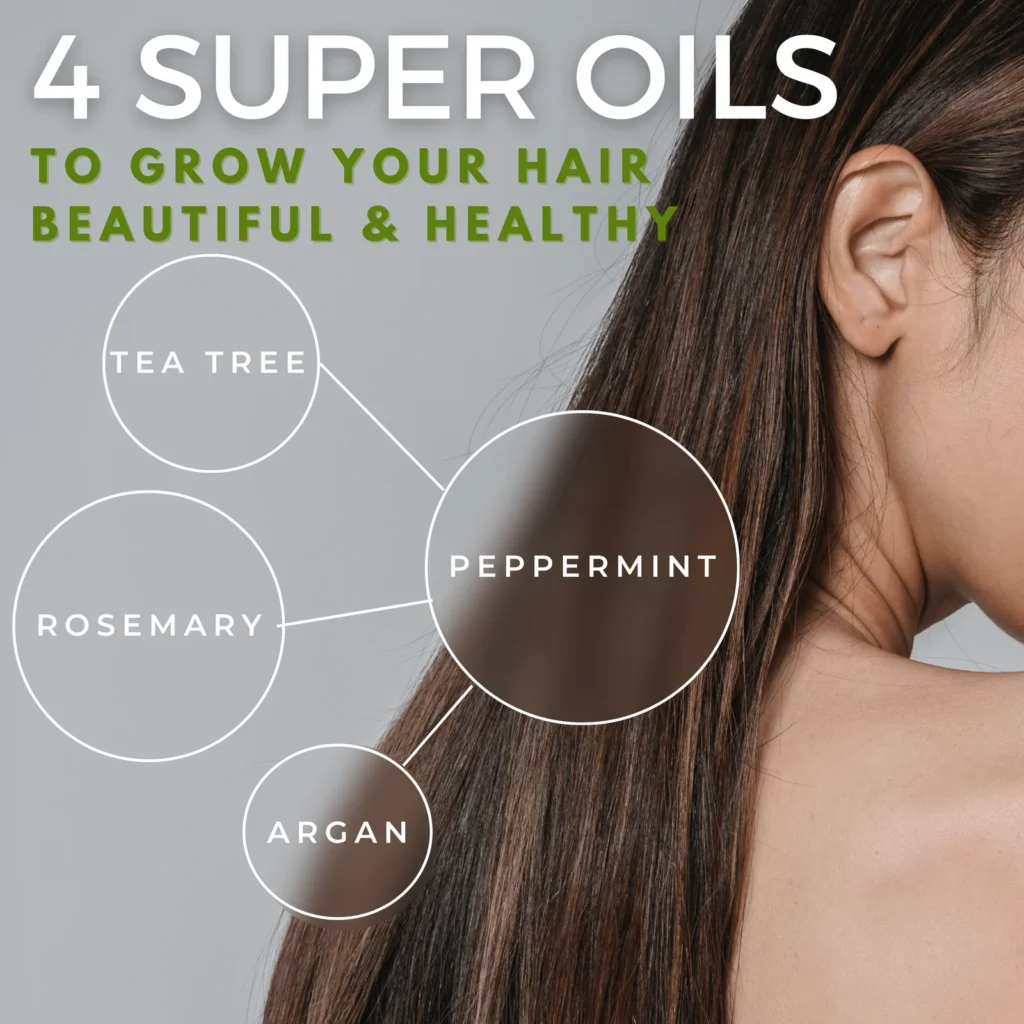In the realm of hair care, conditioners have long been heralded as a staple for smooth, manageable locks. From reducing frizz to adding moisture, conditioners promise a host of benefits. However, with the rise of herbal and minimalist hair care trends, I decided to conduct an experiment: ditch conditioner entirely and rely solely on herbal shampoo for a month. Here’s a detailed account of my journey, the changes I noticed, and what I learned along the way.
Why the Experiment?
Conditioners are designed to coat the hair shaft, smoothing it down and making it easier to detangle. While effective, they often contain synthetic chemicals, silicones, and other ingredients that can build up on the hair over time. This buildup can lead to dullness, greasiness, or even scalp irritation. Herbal shampoos, on the other hand, claim to cleanse the hair gently while nourishing it with natural ingredients like aloe vera, hibiscus, amla, and neem. Inspired by the simplicity and potential benefits of going all-natural, I decided to see if herbal shampoo alone could meet my hair care needs.
Week 1: The Transition Period
The first week was, unsurprisingly, the most challenging. Having thick, wavy hair, I immediately missed the instant smoothness that conditioner provided. After washing with herbal shampoo, my hair felt slightly rough and tangled. Brushing it out was a struggle, and I noticed more breakage than usual. However, I reminded myself that this was part of the adjustment period. Herbal shampoos, being sulfate-free, do not strip the hair as aggressively as conventional shampoos, but they also do not provide the immediate slip that conditioners do.
To cope, I incorporated pre-shampoo oiling with coconut oil twice during the week. This helped add some moisture back into my hair and made the detangling process more manageable.
Week 2: Subtle Changes
By the second week, my scalp started to feel significantly healthier. One of the immediate benefits of using herbal shampoo was the absence of itchiness and irritation. I attributed this to the absence of synthetic fragrances and sulfates. My hair also began to look slightly shinier, albeit still a bit dry at the ends.
To tackle the dryness, I experimented with leave-in treatments like aloe vera gel and diluted apple cider vinegar rinses. These natural remedies helped to seal the cuticle and added some softness to my hair. While the results weren’t as dramatic as using conditioner, they were enough to keep me motivated.
Week 3: Adapting to the New Routine
By the third week, my hair had adapted to the new routine. Washing it every three days with the herbal shampoo became a comfortable rhythm. I noticed that my hair felt lighter and cleaner for longer periods compared to when I used both shampoo and conditioner. This was likely because the herbal shampoo effectively removed buildup without leaving behind a residue.
One surprising observation was the increased volume in my hair. Without the weight of conditioner, my waves appeared more defined and bouncy. However, I had to be diligent about preventing split ends by trimming them regularly and continuing with my pre-shampoo oiling ritual.
Week 4: The Final Verdict
By the end of the month, I had a clear understanding of the pros and cons of skipping conditioner. My scalp was undeniably healthier, and my hair felt more “natural”—less weighed down by products. The shine and volume were noticeable improvements, and the absence of synthetic chemicals in my routine felt like a win for both my hair and the environment.
That said, my hair’s texture remained drier than I would have liked, particularly at the ends. While aloe vera gel and apple cider vinegar rinses helped, they didn’t fully replace the deep hydration that a good conditioner provides. This highlighted the fact that herbal shampoos are great cleansers and nourishers but may not be sufficient for those with dry or damaged hair.
Lessons Learned
- Understand Your Hair Type: Herbal shampoo alone worked reasonably well for my moderately wavy hair but might not be enough for someone with very curly, coarse, or color-treated hair.
- Natural Remedies Can Help: Incorporating natural leave-ins like aloe vera and oil treatments can bridge the gap left by conditioner.
- Scalp Health Improves: Removing synthetic ingredients from my routine significantly reduced scalp irritation and itchiness.
- Sustainability Matters: Herbal shampoos align with a more eco-friendly lifestyle, as they often come in biodegradable packaging and contain fewer harmful chemicals.
Would I Recommend It?
If you’re looking to simplify your hair care routine or reduce your reliance on synthetic products, switching to herbal shampoo alone is worth trying. However, it’s essential to pair it with other nourishing practices, like regular oiling or using natural leave-ins, to compensate for the lack of conditioner.
For me, this experiment was an eye-opener. While I won’t abandon conditioner entirely, I’ve decided to use it less frequently and continue relying on herbal shampoo for regular cleansing. This balanced approach allows me to enjoy the best of both worlds: healthy, natural hair and the occasional luxury of deep conditioning.

